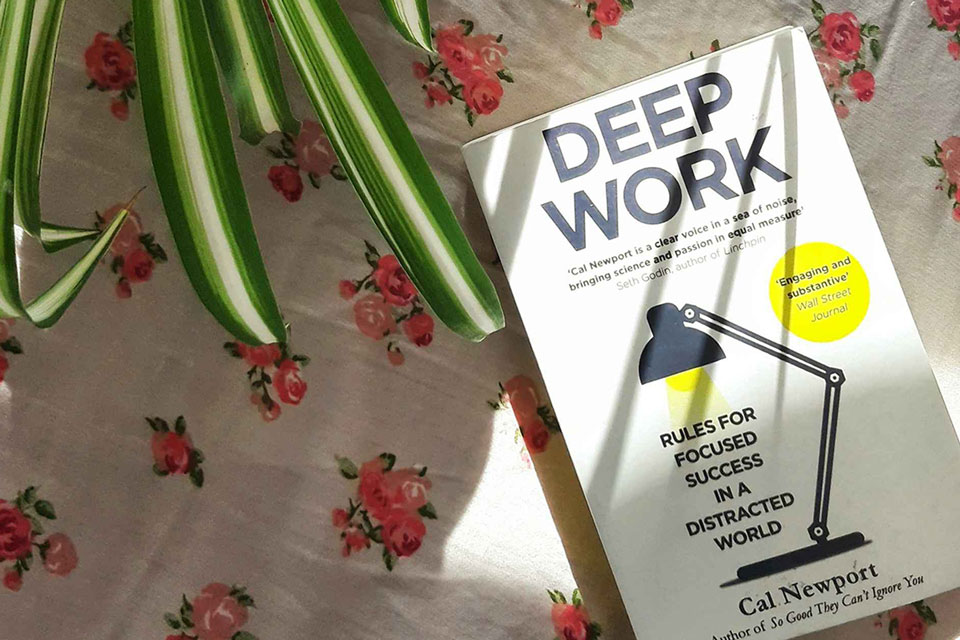How to Navigate Life After Trauma
Trauma is an emotional wound caused by a major, unexpected event that threatens a person’s life or well-being. When our body feels threatened, it will automatically produce cortisol and adrenaline, hormones that aid a person in facing the threat in front of them. The body’s response can be any of the following in the face of danger and threat. Flight – This response usually occurs when a person feels that the only way to protect themselves is to run. This can mean physically running from the threat itself or stepping away from a deeply upsetting and hurtful conversation. It is physically removing oneself from danger and looking for a safer place, either to hide or regroup. Fight – Fighting means a person protects themselves by fighting their way out of danger. This can mean they will struggle, confront, protest, or physically fight whatever danger they are facing. Flop – This is when a person sees compliance as their only form of protection. They will do whatever they are asked to do, in the hope that they will be spared from danger. They will not struggle or protest, they will present themselves as non-threatening to make it through a dangerous ordeal. Fawn – Fawn is a little different from flop. This is when someone goes out of their way to please the person who is hurting them to be in their good graces. This can happen in domestic violence situations where the partner in danger will pacify the abusive partner by doing those things they know will please him or her. Children also do this with abusive parents. They will try to “be good” so they are not hurt by them. Freeze – This is when a situation is so severe that the person will literally freeze and be rendered almost [...]











